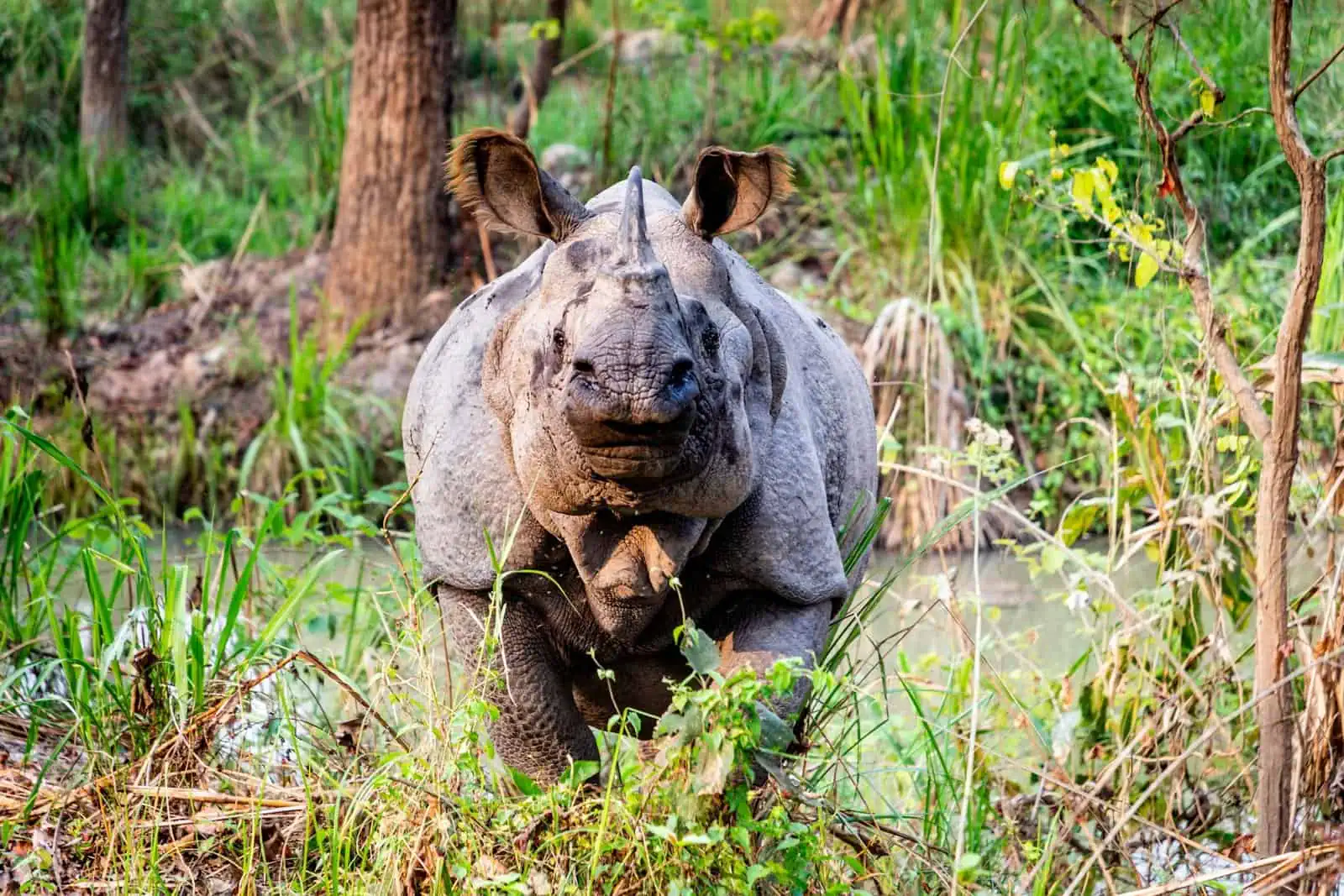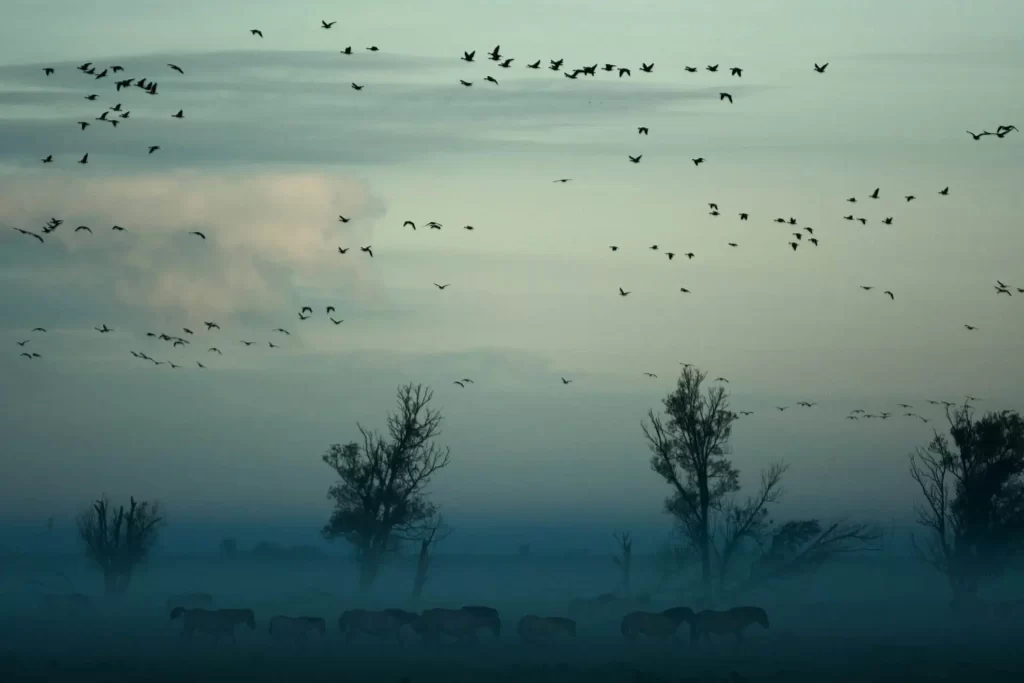Share:
UN Recognizes Seven New World Restoration Flagships

Nairobi – The United Nations Environment Programme (UNEP) and the Food and Agriculture Organization of the UN (FAO) have identified seven groundbreaking initiatives spanning Africa, Latin America, the Mediterranean, and South Asia as UN World Restoration Flagships. These initiatives target ecosystems teetering on the brink of irreversible degradation due to wildfires, droughts, deforestation, and pollution. They are now eligible for comprehensive technical and financial support from the UN.
The World Restoration Flagship awards form a crucial component of the UN Decade on Ecosystem Restoration, spearheaded by UNEP and FAO. This initiative aims to halt, mitigate, and reverse the decline of ecosystems across the globe. These recognized initiatives exemplify the global commitment to restoring over one billion hectares of land – an area larger than China.
The announcement of the winning initiatives precedes the 6th session of the UN Environment Assembly (UNEA-6), scheduled from February 26th to March 1st at the UNEP headquarters in Nairobi, Kenya. Collectively, the seven new flagships are projected to restore nearly 40 million hectares of land – an expanse nearly 600 times the size of Nairobi – and generate approximately 500,000 employment opportunities.
In the words of Inger Andersen, Executive Director of UNEP, “TFor too long, economic development came at the expense of the environment. Yet today we see global efforts to usher in a comeback for nature. These initiatives show how we can make peace with nature, put local communities at the heart of restoration efforts and still create new jobs. As we continue to face a triple planetary crisis of climate change, nature and biodiversity loss, and pollution and waste, now is the time we must double down and accelerate restoration initiatives.”
The selection process for the World Restoration Flagships involves a meticulous review by the Task Forces for Science and Best Practices of the UN Decade on Ecosystem Restoration, aligning with the Decade’s 10 Restoration Principles. The initiatives selected represent ongoing, large-scale, and long-term ecosystem restoration efforts.
FAO Director-General QU Dongyu emphasized, “FAO is pleased to recognize these seven worthy champoins, proving that we can offer the leading examples to reverse ecosystem degradation at scale, while also addressing the impacts of the climate crisis and biodiversity loss. Restoring terrestrial and aquatic ecosystems is a crucial step in the transformation of global agrifood systems to be more efficient, inclusive, resilient and sustainable. Ecosystem restoration is long term solution in the fight to eradicate poverty, hunger and malnutrition, as we face population growth and increased need for foods and ecosystem goods and services.”
The World Restoration Flagships initiative, inaugurated in 2022 as part of the UN Decade on Ecosystem Restoration, will continue recognizing exemplary efforts biennially until 2030. This year’s selection reflects an escalated commitment to nature conservation by governments and private entities, as demonstrated by the USD 1.4 billion funding allocated by the Global Environment Facility (GEF) Council last year.
Renowned actor and UNEP Advocate for Life Below Water, Jason Momoa, remarked, “Conserving nature is crucial, but it’s not cutting it anymore. We’ve lost too much of our planet, and it’s time to step up and rebuild what we messed up, fix what we broke, and restore what we trashed. These restoration initiatives are like the exciting answers to the big questions our connection to the natural world raises – just like the best movies do”
Each of the seven World Restoration Flagships is being unveiled through video messages shared on various UN social media platforms by UN or UNEP Goodwill Ambassadors or Advocates, including actors Dia Mirza, Jason Momoa, and Edward Norton, chef Leyla Fathallah, and supermodel and bestselling author Gisele Bündchen.
Initiative Highlights:
1. From Fires to Forests – Resilience in the Mediterranean The Restoring Mediterranean Forests Initiative, spanning Lebanon, Morocco, Tunisia, and Türkiye, adopts an innovative approach to safeguarding and restoring natural habitats in the face of escalating threats such as wildfires and prolonged droughts. Since 2017, approximately two million hectares of forests have been restored across the region, with plans underway to restore over eight million hectares by 2030.
2. Living Indus – Restoring a Cradle of Civilizations The Living Indus initiative in Pakistan aims to rejuvenate the ecosystem of the Indus River, a vital lifeline for the nation. Encompassing 25 million hectares by 2030, this initiative is instrumental in safeguarding Pakistan’s agricultural and ecological sustainability, designating the Indus River as a living entity with inherent rights.
3. Acción Andina: Saving a Global Water and Climate Hotspot Led by the Peruvian conservation organization ECOAN, the Acción Andina movement aims to restore and grow 30 million trees across seven South American countries by 2030, fostering climate resilience and sustainable community development.
4. Sri Lanka Mangrove Regeneration Initiative In Sri Lanka, mangrove forests are vital coastal ecosystems under threat from climate change and human activities. The initiative focuses on restoring 10,000 hectares of mangroves by 2030, benefiting coastal communities and creating thousands of jobs.
5. Terai Arc Landscape: Reviving Asia’s Mega-fauna The Terai Arc Landscape Initiative in India and Nepal focuses on restoring critical wildlife corridors and habitats, doubling the tiger population and improving the livelihoods of local communities by restoring 350,000 hectares of forests by 2030.
6. Regreening Africa The Regreening Africa initiative employs agroforestry techniques across eight African nations to restore over 350,000 hectares of land, benefiting over 600,000 households and enhancing agricultural productivity and climate resilience.
7. Forest Garden Program Spanning multiple African countries, the Forest Garden Program aims to restore 229,000 hectares of land by 2030, creating over 230,000 jobs and fostering sustainable agriculture through agroforestry practices.






